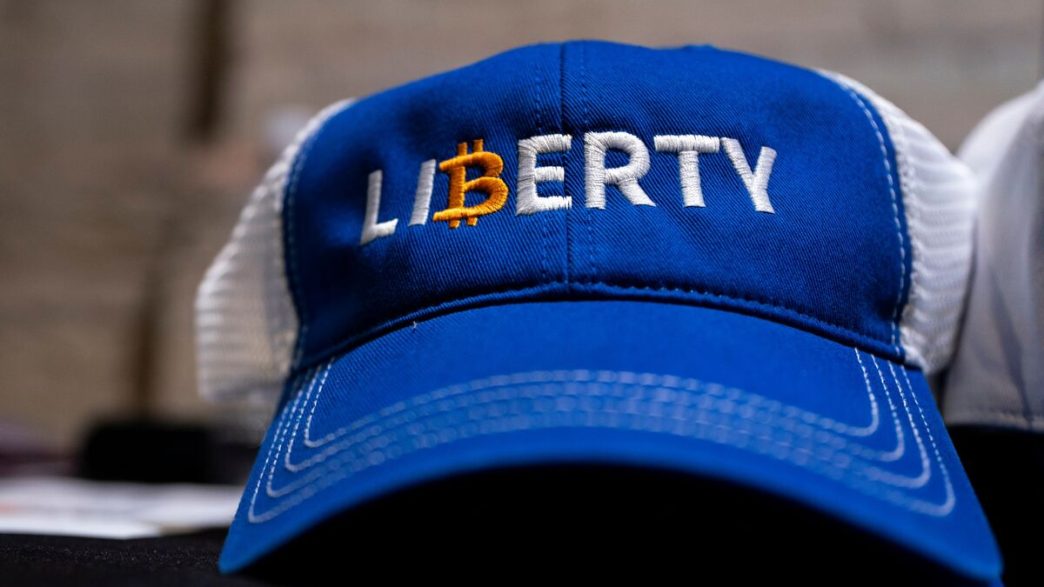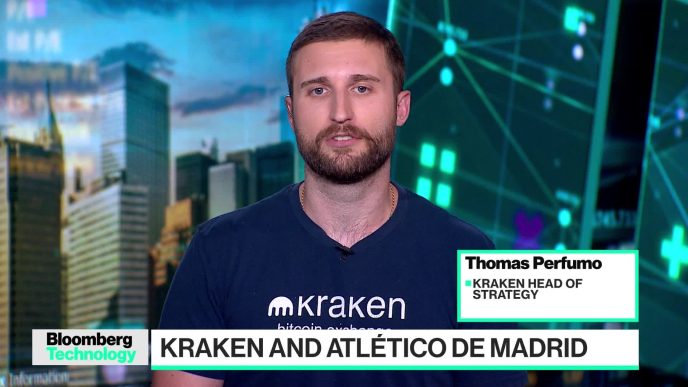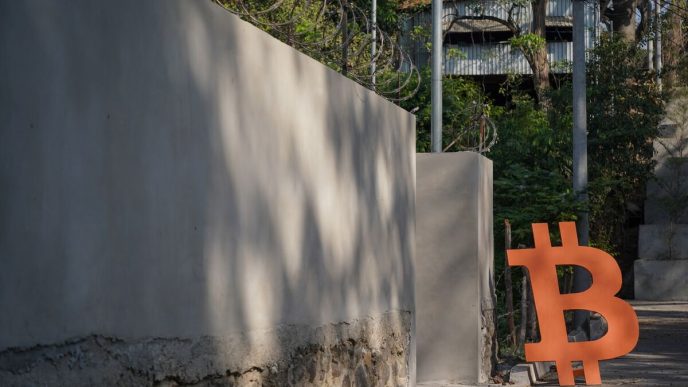Olga Kharif on the current question facing Bitcoin believers
The Bitcoin faithful are having a difficult time deciding whether crypto has a demand or a supply problem.
When US exchange-traded funds investing directly in the original digital currency debuted in January, the likes of MicroStrategy’s Michael Saylor and Gemini co-founder Cameron Winklevoss warned that pent-up demand would outstrip the supply of freshly minted token by at least 10-fold — implying that those who wait would eventually end be paying a similar increase in price.
Fast-forward to now, and everyone is anxious about the exact opposite scenario of too many coins suddenly flooding the market and suppressing prices. In recent weeks, the US and German governments have begun making moves to sell billions of dollars in confiscated tokens. The trustee of failed Japanese crypto exchange Mt. Gox has started to repay a large portion of $8 billion in Bitcoin and Bitcoin Cash to creditors as well. The worry is that many of the token owners, who’ve been waiting for the reimbursements for 10 years, will turn around and dump their holdings.
Perhaps the takeaway should be that the Bitcoin supply-demand situation is fragile and easily tipped, since a single market participant can often have an outsized amount of sway over the coin’s price. The irony is that when Bitcoin debuted in 2009, the original selling point was that it was outside of government control. Now a decade and half later, various governments — including the US, China, United Kingdom, Ukraine and Germany — own about $31 billion, or almost 3% of all the outstanding Bitcoin, according to BitcoinTreasuries.net.
At the same time, a similar amount of Bitcoin changes hands almost on a daily basis on exchanges across the globe. So all the hand-wringing over the looming supply tidal wave may end up having more of an impact than any actual sales. Bitcoiners have long embraced the ethos of not selling, or hodling as it’s known in the crypto world. About 70% of all digital wallets haven’t moved their Bitcoin in over a year, even when the coin hit all-time highs in March, per CCData.
And those government sales will eventually end — at least until the next batch is ready to be sold.
“Like little ghosts of Bitcoin’s past, coming back to haunt us,” said Matthew Hougan, chief investment officer at Bitwise, which runs a spot Bitcoin ETF. “This too shall pass.”
Source link
Olga Kharif
https://www.bloomberg.com/news/newsletters/2024-07-11/bitcoin-s-latest-existential-question-too-much-supply-or-not-enough
2024-07-11 07:00:00














